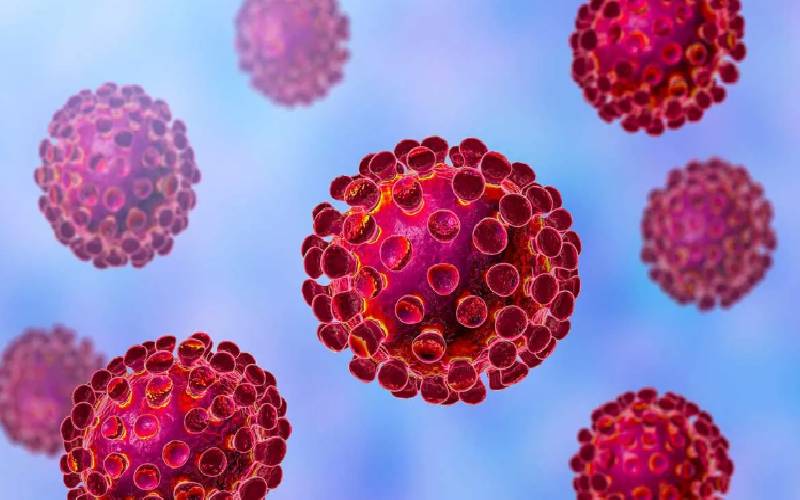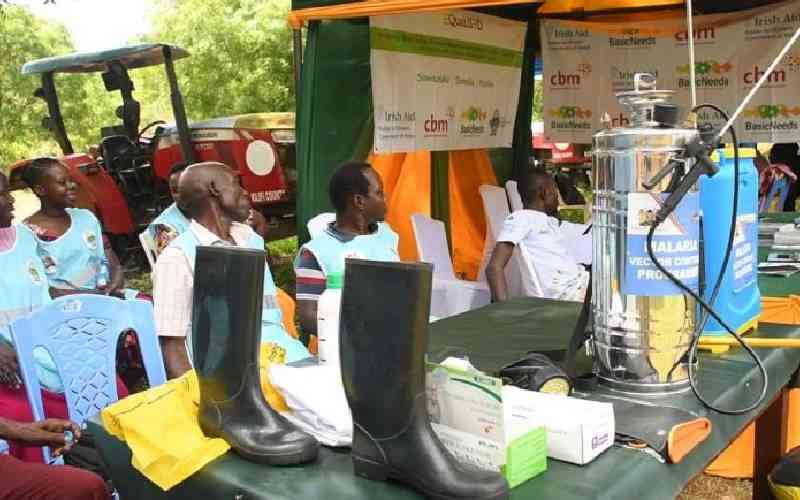
The number of confirmed cases of coronavirus in the world continues to rise and as does our fear of touching anything.
We have seen people putting condoms over their fingers to avoid touching elevator buttons in their apartment building and others attempting to open doors with their elbows.
There is still plenty we don't know about the illness, but one thing we do know for sure is that we can catch the infection by touching surfaces contaminated with Covid-19.
So how long does coronavirus last on different surfaces?
Researchers from the National Institute of Allergy and Infectious Diseases in Montana have studied how long the COVID-19 virus can survive on cardboard, plastic and steel.
Their analysis revealed that the virus can survive for up to four hours on copper and up to 24 hours on cardboard, but can survive for the longest time on plastic and stainless steel, surviving for up to three days.
But what about on our clothing? We spoke to an expert to find out more.
Dr Akash Patel a GP and Medical Director at MyHealthcareClinic explained that the official length of time the virus can live on fabrics is still unknown.
He said: "We are still continuing to find out more about the coronavirus day by day, there is currently not enough research to say with any certainty how long the coronavirus will live on clothing."
He continued: "Preliminary research has suggested the virus can survive longer on harder surfaces like plastic and metal, this could be from a few hours to several days but no clear research on fabrics like clothing.
"However it is likely that the virus will not survive as long on soft surfaces."
The medical expert went on to share some advice for washing clothes - especially if someone in your house is confirmed or suspected to have coronavirus.
"If you are handling dirty laundry from a person who is confirmed or suspected to have coronavirus, you should wear disposable gloves if possible, if not - please wash your hands appropriately after handling their clothing before you touch your face or other surfaces," he said.
"It is also advised to avoid shaking their clothing to minimise risk of dispersing the virus which may be on their clothing."
He added: "The CDC has recommended washing clothes on the highest water temperature appropriate to the item of clothing and normal detergents should be sufficient to minimise risk and ensure they are completely dry.
"In addition to cleaning and disinfecting laundry bags and bins."
 The Standard Group Plc is a multi-media organization with investments in media
platforms spanning newspaper print
operations, television, radio broadcasting, digital and online services. The
Standard Group is recognized as a
leading multi-media house in Kenya with a key influence in matters of national
and international interest.
The Standard Group Plc is a multi-media organization with investments in media
platforms spanning newspaper print
operations, television, radio broadcasting, digital and online services. The
Standard Group is recognized as a
leading multi-media house in Kenya with a key influence in matters of national
and international interest.











